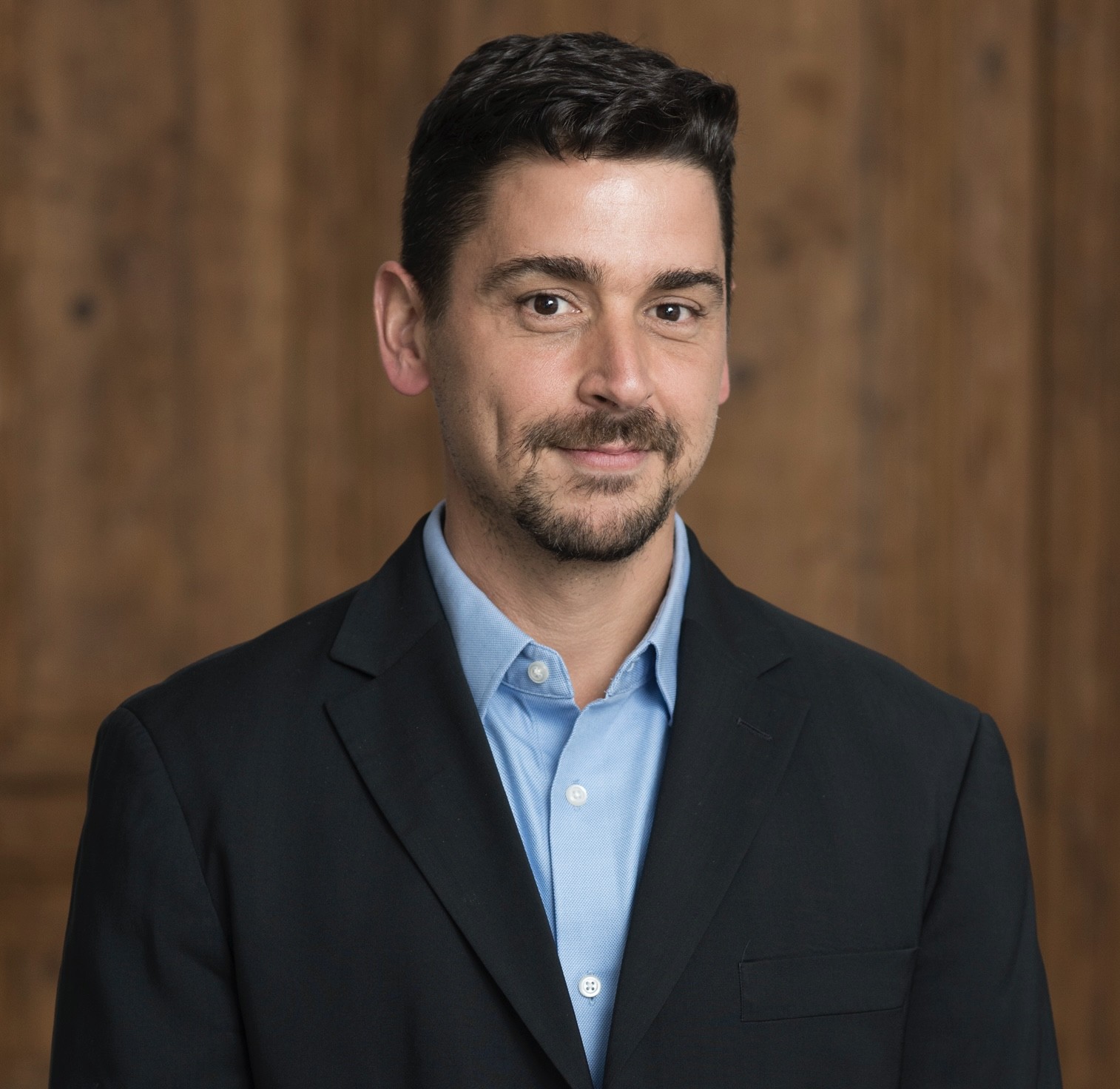This year, nine faculty across Columbia University were awarded prizes for the President's Global Innovation Fund to support interdisciplinary research addressing complex global challenges including climate change. We are proud to announce that CSD Executive Director Prof. Yanis Ben Amor was selected as an awardee for his project titled, "Youth-led advocacy initiative for global citizenship, responsibility, and cooperation."
Working with the Columbia Global Centers in Istanbul and Tunis, this project aims to create a network of university students, who will be advocating for a curriculum update in their universities to have a multidisciplinary and required course on global citizenship including topics such as sustainable development, climate change, international migration, one health, health equity, social inclusion, prevention of stigma, racism, and discrimination, in addition to global diplomacy and cooperation. The community based participatory action research (CBPAR) methodology for the proposed two-year project includes a situation analysis phase followed by an action phase.
The project will kick-off with a consultation meeting in Istanbul to bring together researchers and students from Columbia University, Bogazici University, Anadolu University, and South Mediterranean University, and the Global Master’s in Development Practice (MDP) Program at the UN Sustainable Development Solutions Network (SDSN). The students will then work with academics in their respective universities to assess existing undergraduate and graduate curricula with a mixed-methods study (situation analysis phase), advocate for a multidisciplinary course for all higher education students that will focus on global citizenship and create an online curricular content to be adapted to different educational settings (action phase).
The ultimate goal of the project is that all university students (regardless of their major field of study) will have a basic understanding of global issues and sustainable development including global diplomacy and cooperation, and every graduate will be equipped with the necessary knowledge and attitude (global responsibility) to contribute to global cooperation to respond to major global issues within their field of study. The project team will monitor curricular changes and other educational initiatives in all participating universities throughout the project and prepare policy reports, international conference papers and scientific articles to disseminate examples of best educational practices at the international level.

